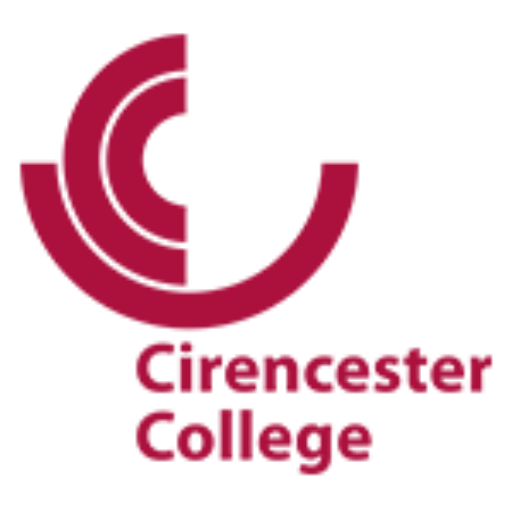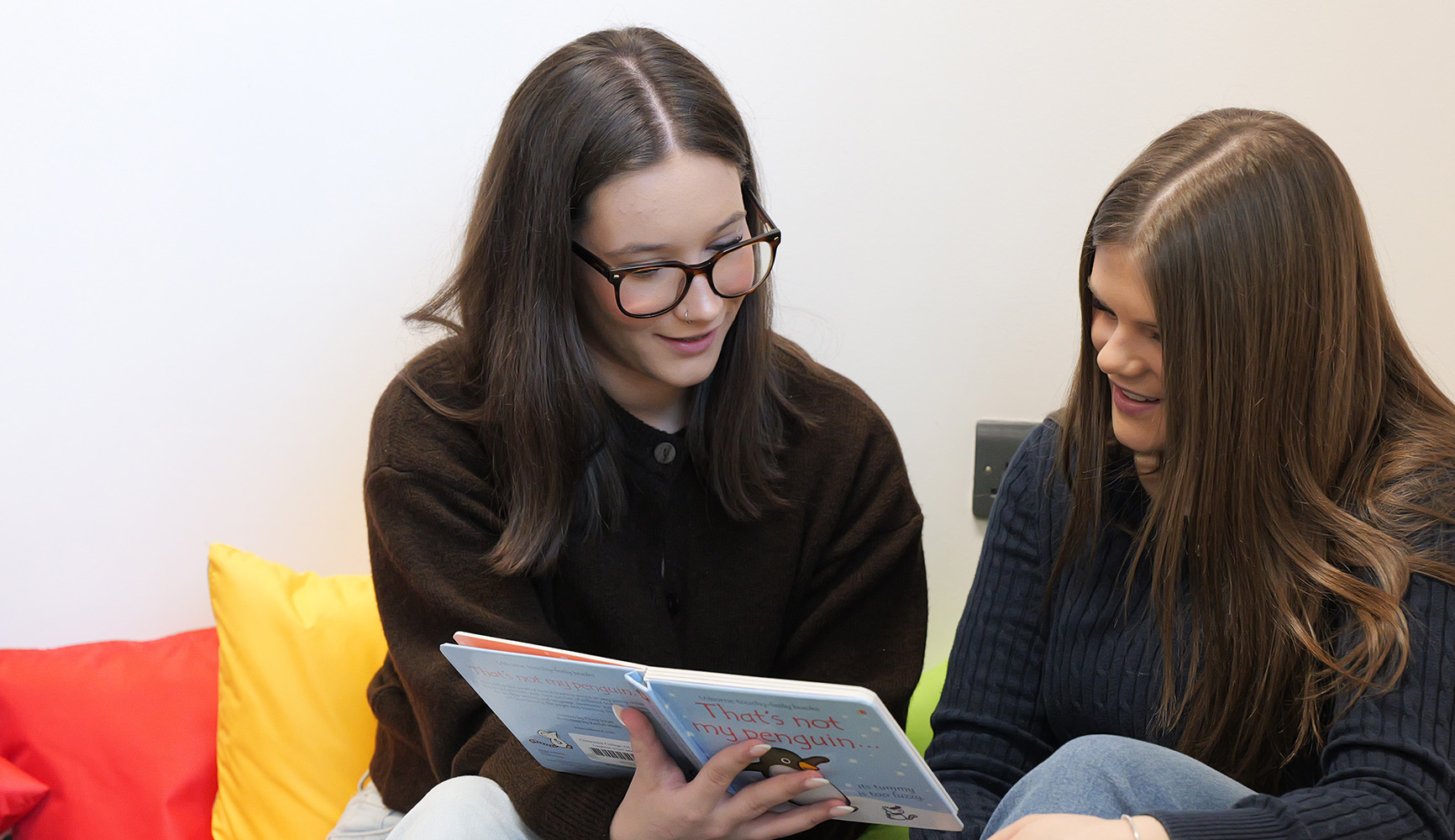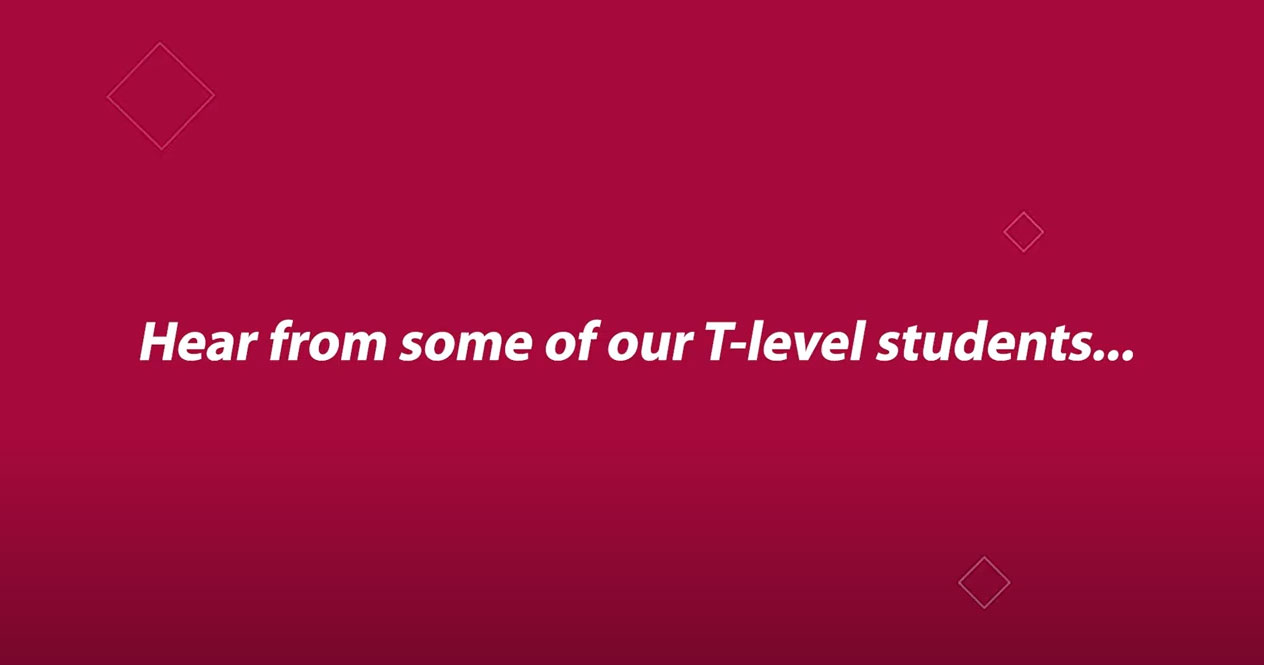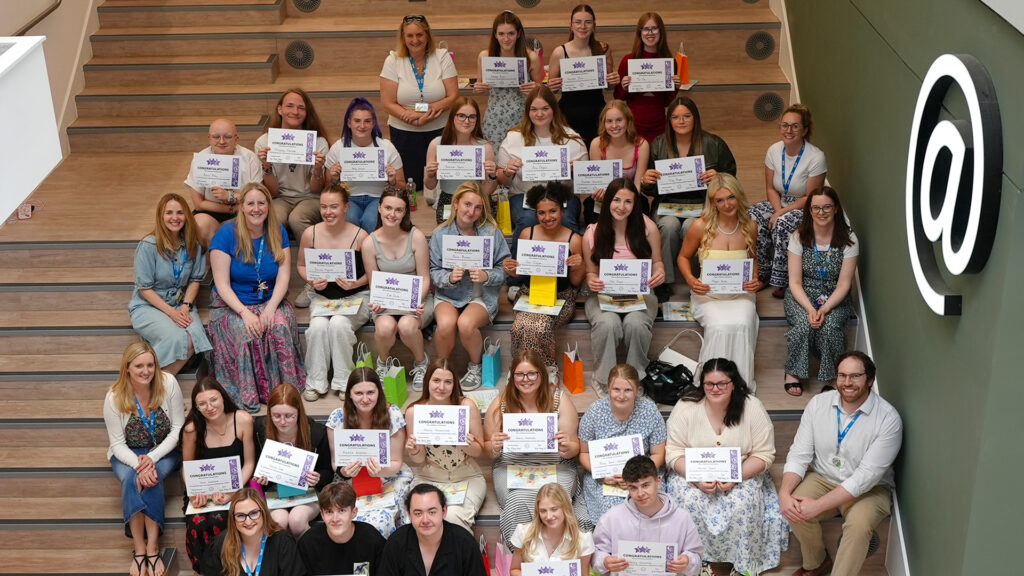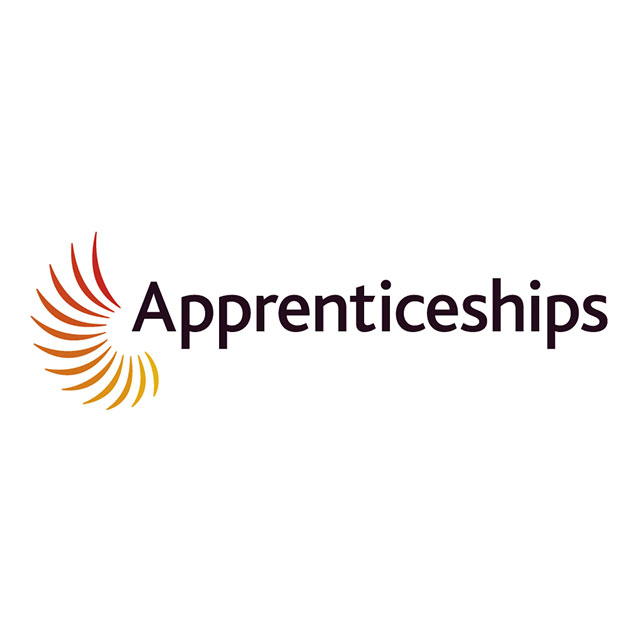DO NOT DELETE OR EDIT THIS ROW OR ITS CONTENTS

This innovative two year programme, equips you with the knowledge and practical skills necessary for a rewarding career in education and childcare. You will explore a wide range of aspects of learning and development alongside practical experience, this course will help you prepare for a career as an Early Years Practitioner, Primary School Teacher and many more.
What will I study in Education & Early Years T Level ?
This T-level is the new gold standard qualification and is ideal for those who want to work in a childcare setting. The course comes with a licence to practice allowing students, on completion of the course, to enter directly into the workplace. Alternatively students may use the completion of the qualification to access university to study Early Years, Primary Education, Special Educational Needs and many more related courses,. This two-year, full time course consists of three days in the classroom and two days on mandatory work placement. This means you will gain the knowledge and skills required to become a successful childcare practitioner, putting class theory into practice in an interesting and supportive environment. Throughout the course you will gain essential knowledge about how children grow and develop, the provision of care, education systems and how best to work with parents and professionals alike.
The course consists of time studying the core knowledge based aspects in college and, as practical work placements are an integral part of the course, you will spend time in child care and educational settings.
The course is delivered over 2 years including both core and occupational specific content.
You will learn about children’s growth and development, how to care for and educate children, about working with their parents and other professionals.
The taught content will cover topics such as
- Child development
- Supporting Education
- Safeguarding, Health and Safety and Wellbeing
- Behaviour
- Observation and Assessment
- Equality and Diversity
- Special Educational Needs and Disability
- English as an Additional Language
- Parents, Families and Carers
- Working with Others
- Reflective Practice
- EYFS and National Curriculum
You will be offered the opportunity to gain additional qualifications related to Paedatric First Aid and Food Hygiene (including in course cost) which will look fantastic on applications for jobs / university. You will also have the opportunity to hear from guest speakers related to careers in the sector.
Entry Requirements
5+ GCSEs at Grade 4 or above from the core subjects, including English Language and Maths.
This course requires a Disclosure and Barring Service (DBS) check. We will be asking students to bring the necessary details to their enrolment appointment to complete this.
Primary schools or nurseries, also ask that we check the student’s suitability to work with young children. Therefore, we will be requesting a reference from a student’s current school.
How will I learn?
During the course you will learn in a variety of ways. Some sessions will involve content delivered by the unit teacher. During lessons you will experience a variety of aspects including group and individual work, making links between the ideas and concepts you have learnt about. In lessons discussions and presentations are used to encourage you to make links between the taught content and your own personal experiences at school and on your placement. In some units you will have the opportunity to use your creativity by planning activities for children and designing environments to encourage the development of numeracy and literacy skills. We give you the oppotunities to take part in practical tasks / activities, where you can get hands-on with resources to look at how you could impletment similar tasks on placement. Alongside this your written communication skills are also developed through a variety of tasks including posters, activity planning and exam questions.
Verbal communication skills are also really important on placement as you will need to communicate with children, staff members and maybe parents or external agencies. These are developed through the taught content, encouraging you to discuss thoughts with others, present your ideas and give feedback.
How will I be assessed?
The assessment of the core knowledge will be through one written examination which include a variety of types of question and an Employer set project which will be undertaken in controlled conditions. This project will require students to plan, discuss and reflect on how to meet the needs discussed in a scenario e.g. planning an activity for developing a particular area of learning. researching to create materials to be used in the assessment.
The occupational specialism content will be assessed through three 'assignments'.
1. The first involves students being assessed during their placement on their skills achievement of the Early Years Education criteria and will involve observations and perhaps some professional discussions.assignment is linked to planning activities for particular groups of children completed in supervised conditions
2. The second is linked to planning activities for particular groups of children focussing on certain curriculum areas and with a specified theme
3. The third assignment requires students to complete observations of children within their placement and then to use and reflect on this knowledge to complete a number of questions completed in invigilated conditions.
Any trips?
Over the course of the two years you will have the oppotunity to go on a number of trips (usually two per academic year). These are usually places where Early Years / Primary children are likely to visit and trips previous trips have included Sudeley Castle, Cotswold Wildlife Park, Westonbirt and Slimbridge. During these trips you will have opportunities to plan activities linked to developing literacy and numeracy skills, discuss the benefits and issues surounding taking children out on trips including issues such as risk assessment and safeguarding and to expand your own knowledge.
We also offer opportunities to visit local universities to get involved in lessons, visit the campus and get a real idea about what university is like before making the decision whether or not to apply in year 2.
We also offer a number of other enrichment type activities as part of lessons including forest school sessions, practical craft sessions and recently we have had a range of guest speakers linked to careers and wellbeing.
Are there any costs involved?
Course costs are applicable to the T level in Education and Early Years – these course costs cover a range of different trips, speakers and qualifications (Paediatric First Ais and Food Hygiene) that will help you to develop the necessary skills needed to be a practitioner and support progress on the T level course. The course costs alos cover your placement uniform, trips,
In additon you should expect costs for course booklets and stationary.
Device Requirements
MacBook (8GB RAM minimum | M2 or above)
or
Windows laptop (8GB RAM minimum | Ryzen 3 or Intel i3 12th Gen or above)
If you already own a device that meets the technical requirements of your course, you are welcome to bring it with you to college.
If not, more information on a convenient rental and help-to-buy scheme designed specifically for Cirencester College students is linked below.
FAQs
Over the two years you will complete a minimum of 750 hours of work experience. This must be completed in the EYFS with children aged 0-Reception.
A real variety of settings can be used for work experience. We would recommend that over the course that you spend time in different rooms / age group / settings to allow you to see the breadth of opportunities and development. Students can do their work experience in a nursery, with a childminder, or in a primary school (reception class).
Absolutely, although most students find their own placements as they are more familiar with the area that they live and how they are going to travel to and from placement.
You need to have achieved a grade 4 (minimum) in Maths, Science and English and for most universities a Merit in your T level
Intrapreneurial Skills
Throughout the course we are developing students intrapreneurial skills alongside their employability skills through many individual lessons. These include:
- Problem solving
- Conceiving Ideas and Demonstrate Creativity
- Test Ideas and Improve them
- Analyse and Interpret Data
- Deliver Projects to Agreed Deadlines
- Be Persuasive and Self Confident in your Abilities
- Take Action, be Hardworking and Dedicated
- Be Inspiring, Positive & Have a ‘Can Do’ Attitude
- Negotiate Agreements and Resolve Conflicts
- Empathy – Show Understanding of Each Other’ Goals
- Promote Diversity and Inclusion
- Make Decisions, Own both Successes and Failures
During our series of induction activities students are developing their team work skills through the ‘team building day’ this develops problem solving and developing relationships across the students. Our planned trip and Enterprise that following in the Spring term is a further opportunity to develop these intrapreneurial skills where students will be given a project to design, cost and justify suggestions for activities for given scenarios. Many of these skills will also be developed through the teaching and preparation for the students Employer Set Project and these skills are essential for achievement in this assessment.
•4s in Maths, English & Science
•Understand the challenges of teaching
•Experience of working with young people
•Passion for teaching
•Good communication skills
•Professionalism – awareness of social media use
•Independent study skills
•Research skills
All of which you will develop over the 2 years with us and we work closely with universities to ensure that we prepare you as best we can for progression to HE.
Awarding Body
NCFE
Available As
[168 UCAS pts. available]

Add to Application
What can I do after I have taken this course?
Available As
[168 UCAS pts. available]

Add to Application

DO NOT DELETE OR EDIT THIS ROW OR ITS CONTENTS
Hear from T-level Childcare & Education students at Cirencester College!
What the students say

”This course allows you to work 3 days at College and 2 days on placement, within in a Nursery or a Primary School. The course is delivered in a really good and effective way by the lecturers. My ambition is to go to University to complete a Qualification in Primary Teaching, and then work in Key Stage 1 in a Primary School.
Toby
”I like all the different elements that are part of the course and learning a wide range of knowledge on how to support children in an educational setting.
Libby


